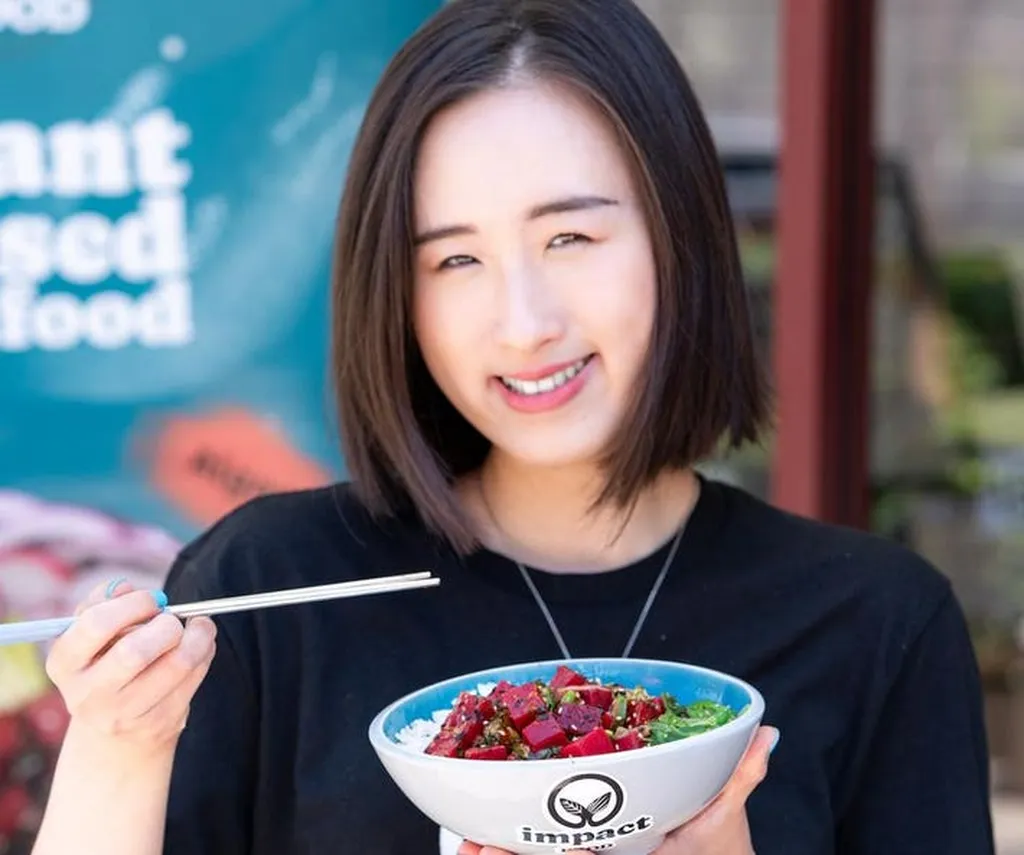A quiet revolution is taking place in agriculture, one that blends tradition with cutting-edge technology and challenges long-held assumptions about who leads innovation in the field. For generations, women have been the backbone of farming—not just as laborers, but as problem-solvers, adapting to crises and pioneering new methods. Today, that legacy is evolving into something even more transformative: a wave of female-led AgriTech startups and research initiatives that are redefining how we grow food in an era of climate uncertainty.
The numbers tell part of the story. In 2024, AgriTech startups secured over $5.7 billion in venture capital, a clear signal that investors see the sector as critical to future food security. Yet behind the funding lies a deeper shift—one where women are increasingly at the helm, driving advancements in AI, robotics, and controlled-environment agriculture. In Germany, women now make up 36% of agricultural workers, a figure that reflects broader trends across Europe. More importantly, they are stepping into roles as founders, engineers, and scientists, shaping the technologies that will determine how—and whether—we can feed a growing population sustainably.
The need for this shift is urgent. By 2050, the global population is projected to reach nearly 10 billion, demanding a 60% increase in food production. But simply producing more is no longer viable if it comes at the cost of degraded soils, depleted water supplies, and lost biodiversity. The challenge now is to grow food in ways that regenerate ecosystems rather than exploit them—a task that requires both technological precision and a mindset rooted in long-term stewardship.
This is where women in AgriTech are making their mark. Take, for example, the rise of AI-driven plant propagation, where sterile, high-yield production systems are being developed to reduce reliance on pesticides and minimize waste. Or consider vertical farming startups led by women, which use sensor-based systems to optimize water and energy use while delivering fresh, local produce year-round. These innovations aren’t just about efficiency; they reflect an understanding that food production must align with ecological and economic resilience.
Yet despite this progress, the sector still grapples with outdated perceptions. The image of agriculture as a male-dominated, low-tech industry persists, even as drones, genetic editing, and autonomous machinery become standard tools. This disconnect risks slowing down the very transformation the sector needs. Investors, policymakers, and consumers must recognize that modern agriculture is a high-stakes, multidisciplinary field—one where women are proving to be key architects of change.
The implications extend beyond food production. Strengthening local supply chains, reducing dependency on imports, and preserving soil health are all critical to Europe’s food security. Women-led AgriTech ventures are often at the forefront of these efforts, integrating data-driven decision-making with regenerative practices. Their work demonstrates that profitability and sustainability aren’t mutually exclusive—but achieving both requires rethinking how we value and fund innovation in agriculture.
What’s clear is that the future of farming won’t be shaped by nostalgia for traditional methods, nor by blind faith in technology alone. It will be built by those who understand that growth and care must go hand in hand—an approach that women in agriculture have long embodied. As the sector continues to evolve, their leadership may well determine whether we can cultivate a food system that is as resilient as it is productive. The tools are here. The question is whether we’re ready to use them wisely.

